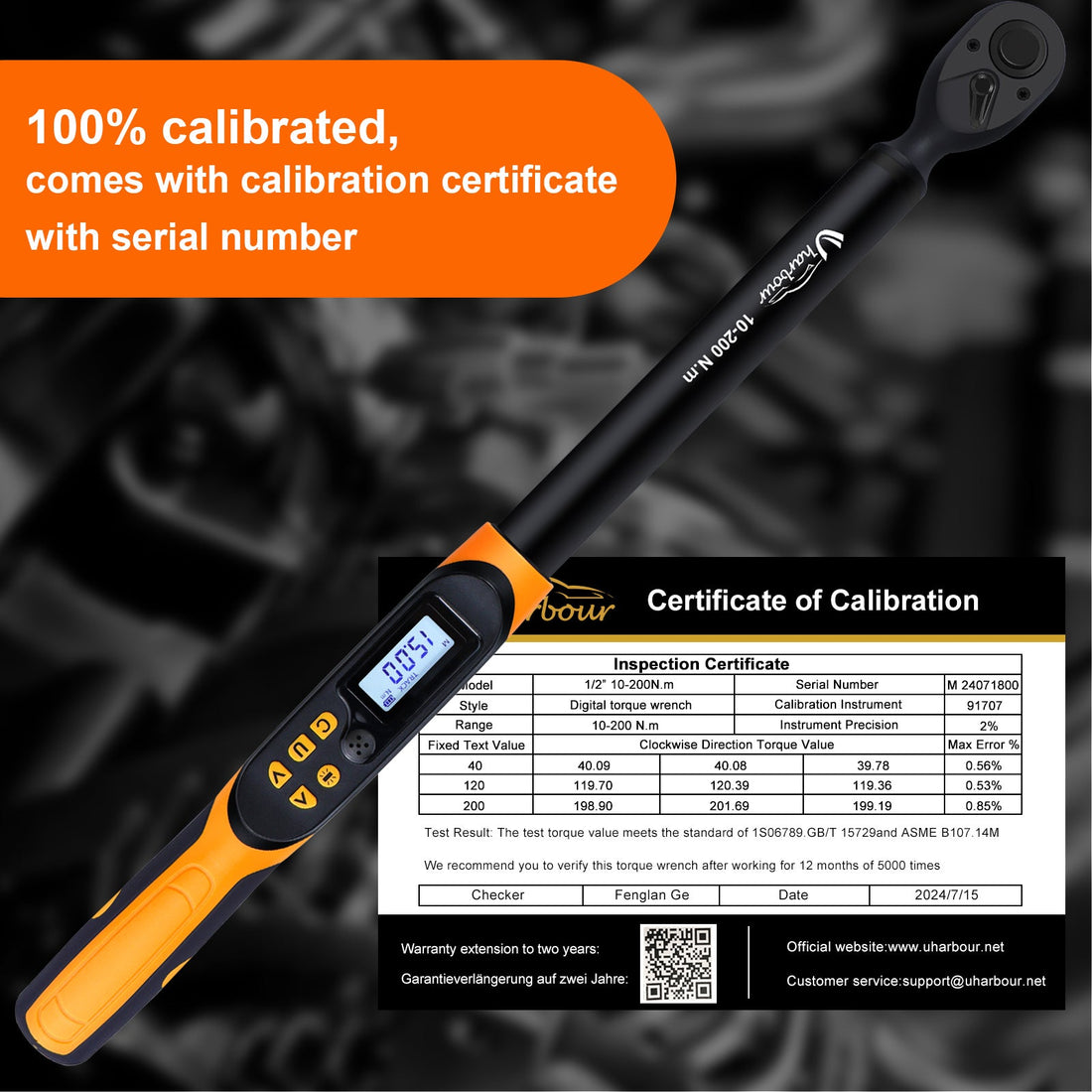
Are Digital Torque Tools the Future? Expert Insights and Analysis
Are Digital Torque Tools the Future? Expert Insights and Analysis
In the precision tool industry, torque wrenches have long been essential for ensuring accuracy and safety in mechanical assembly. But as technology advances, a new generation of digital torque tools is reshaping how professionals and enthusiasts approach tightening and measurement tasks. Are these tools truly the future — or just a passing trend? Let’s take a closer look through expert perspectives and real-world insights.
1. The Evolution from Mechanical to Digital
For decades, mechanical torque wrenches have been the go-to tool for technicians and engineers. Their simplicity, durability, and tactile “click” feedback made them a trusted choice. However, they also come with limitations — such as human error, difficulty in reading precise values, and the inability to record torque data.
Digital torque tools, on the other hand, bring a new level of precision and convenience. Equipped with LCD displays, audible alerts, and data storage capabilities, these tools allow users to read exact torque values instantly and minimize guesswork. In industries where accuracy is critical — like aerospace, automotive, and manufacturing — this evolution is more than just convenient; it’s transformative.
2. Why Experts Are Embracing Digital Solutions
According to mechanical engineers and maintenance experts, digital torque wrenches address three major pain points:
- Accuracy: Digital sensors typically deliver ±1% or better accuracy, ensuring consistent results.
- Traceability: Many digital models allow data recording or Bluetooth transfer, enabling better quality control and documentation.
- User Experience: The digital interface simplifies operation for new users while providing professional-grade feedback for experts.
These improvements not only enhance reliability but also help meet increasingly strict industry standards and compliance requirements.
3. Are There Still Advantages to Mechanical Wrenches?
Despite their growing popularity, digital torque tools are not replacing mechanical ones entirely. Mechanical wrenches remain favored for their ruggedness, affordability, and independence from batteries. For fieldwork or heavy-duty environments where simplicity is key, traditional tools still have their place.
In fact, many professionals today keep both types in their toolkit — using digital torque wrenches for precision work and mechanical ones for quick, reliable tightening.
4. Looking Ahead: The Future of Torque Measurement
The integration of smart technology and data analytics suggests that the future of torque tools will be increasingly digital. Expect to see:
- Torque tools that sync with mobile apps for instant reporting
- Cloud-based calibration tracking systems
- AI-assisted torque verification for automated assembly lines
As manufacturing and maintenance processes continue to digitize, digital torque tools will play a central role in improving efficiency, safety, and quality assurance.
Conclusion
While mechanical torque wrenches will always hold their value for their simplicity and durability, the shift toward digital precision is undeniable. As experts agree, the combination of data accuracy, usability, and smart connectivity makes digital torque tools not just a trend — but the future standard in precision measurement.
Whether you’re a professional technician or a DIY enthusiast, adopting digital torque tools today means staying ahead of the curve in tomorrow’s smart workshop.
